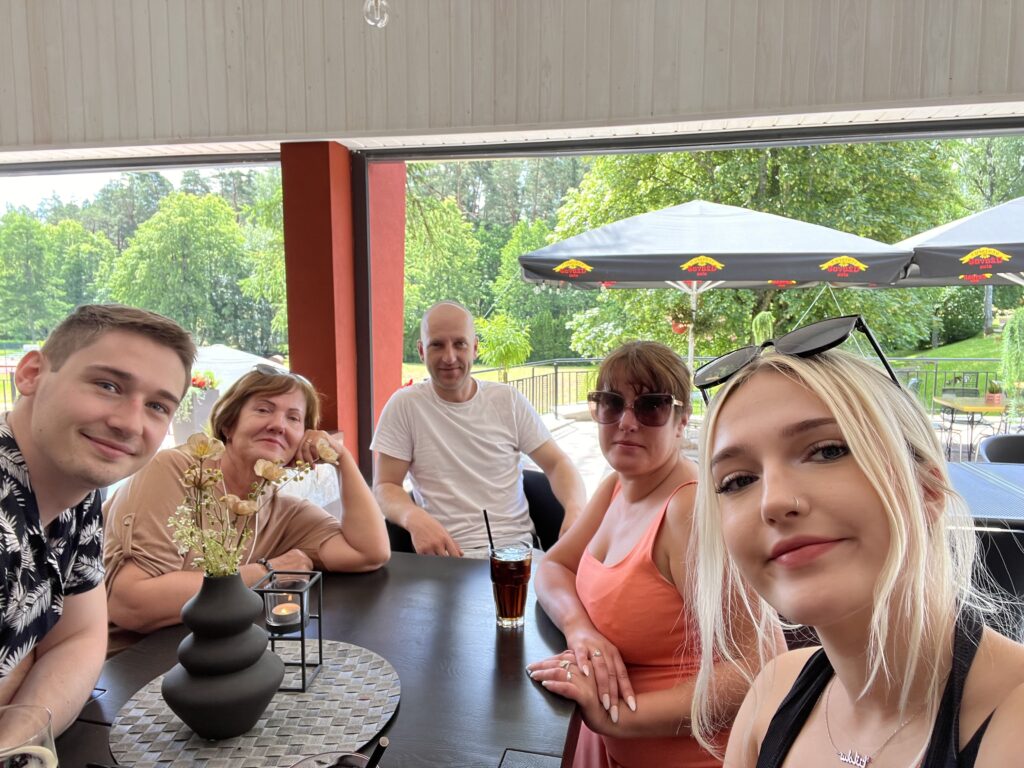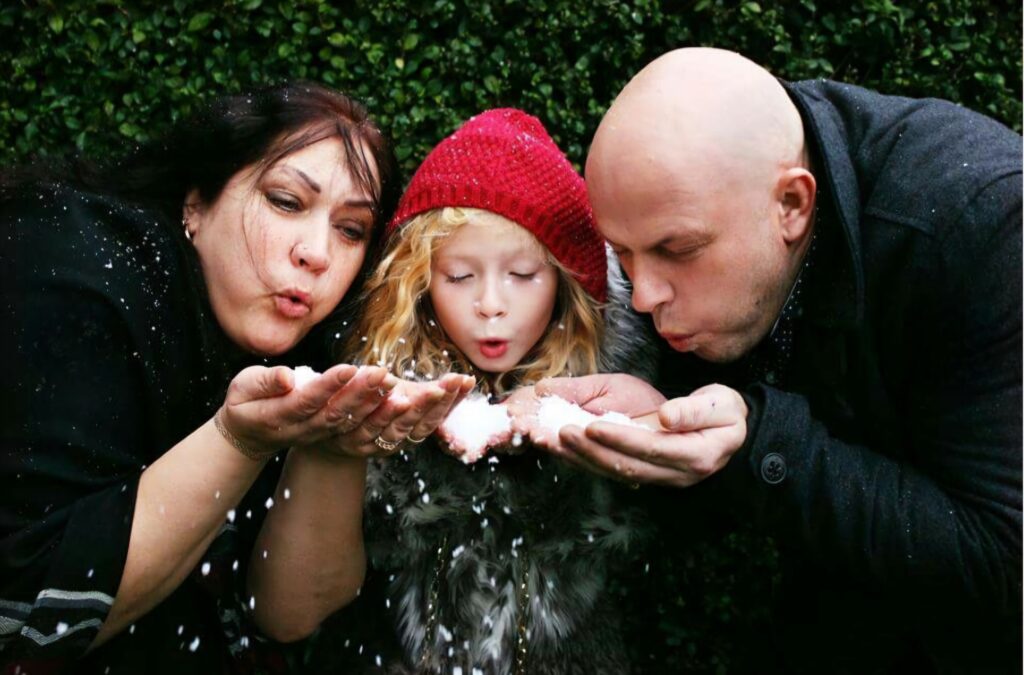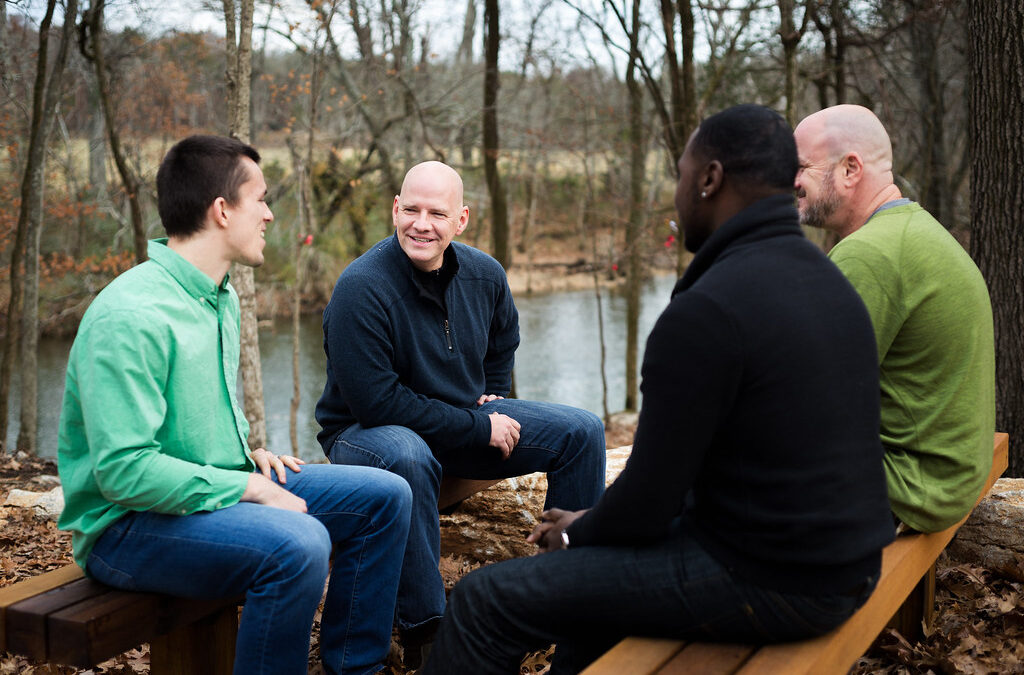When building a life more than a thousand miles away from your motherland, migrants often find it hard to balance the identity rooted in your history and the one you create for yourself on the go.
Keir Starmer adressed net migration in a landmark speech on May 12.
He said: “In a diverse nation like ours … we risk becoming an island of strangers, not a nation that walks forward together.”
When the Prime Minister of the UK is pushing anti-migratant rhetoric, how can these “strangers” feel welcomed enough to integrate?
Latvia is a country in Eastern Europe with many people outside its borders unaware of its existence. Between 2005 and 2025, its population decreased from 2.24 to 1.85 million people.
Moving abroad to a country with different customs and a primary language from an entirely different language family is challenging – that much is obvious. But how hard is it to integrate into a different culture?
Samanta’s Story
Roughly 1 in 30 people are migrants, and Samanta Kaņepe is one of them. She is a 25-year-old scientist residing in Livingston, Scotland, who permanently emigrated when she was 12. Before emigration, she lived in a small town called Kandava with about 3,600 people.

“I first came to Scotland when I was 11, but I moved back and forth between the UK and Latvia because there was a point when I became so depressed that my parents had no choice but to take me back for about a year. But I still ended up moving here permanently when I was 12.
“I think that because this whole moving thing happened over a week, my whole world fell apart because it was traumatising to have my connection to what used to be home be severed so suddenly,” Samanta tells The Optimist.
The UK had a net migration of 728,000 people by June 2024, with 281 million migrants across the globe in 2020.
“My biggest culture shock was the way people greet each other here. It’s always ‘Hi, you alright?’ which I now know is just a longer version of saying ‘hello,’ but when I first got here, I always thought it was an invitation for a chat, but they don’t want to know how you are doing.
“At first, I did think that it was a bit jarring, but I’ve gotten used to it given that I’ve now lived in Scotland longer than where I was born,” said Samanta.
Like many countries in Eastern Europe, Latvian etiquette is characterised by reserved and quiet behaviour in public. With a lack of emotional expression amongst strangers, many Latvians are uncomfortable with small talk or loud conversations as it’s against the customs of their culture.
Samanta tells The Optimist that she doesn’t regret staying abroad, and now considers Scotland more like home than where she was born. Despite feeling lonely and isolated – like many migrants do in their first year of living away from their hometown – she made friends quickly and easily.
If you’re enjoying reading this article, why not check out this article about Parents for Peace – Worthing here.
“It seems to be a big thing in the UK that when you’re a kid, you have your friends come knocking on your door and ask your parents if you want to come out and play. I’m very grateful for what happened to me in the first week.
“I felt frustrated more often rather than isolated, because it was annoying not being able to communicate with the people who wanted to be friends with me,” Samanta said.
When Samanta started school, the staff tried to aid her learning of English in the only way they knew how, but it was not all that helpful.
There are 23 Latvian weekend schools in the UK, but none offer a full education, and none are in Scotland. Schools in the UK do try to create a welcoming environment for migrant children, usually by providing language support, pastoral care or mentoring, but this isn’t always the case, which leaves many migrant children to fend for themselves.
She said: “My English teacher was entirely Scottish – she only knew English. So she would use kindergarten picture books, next door to where the rest of my class would have their English lesson, and hoped that I knew what she meant. But that was only in my first school year; they didn’t try to accommodate or help me in any way after that.
“My younger brother, Pēteris, has more support in school than I ever had – he gets extra time and breaks during his exams, which is a good thing. However, I also think that it’s not fair because I didn’t get any of those privileges. Especially considering I had to learn English on the go, and my brother only speaks English – not a lick of Latvian.”
Celebrations are a big part of every culture, and Latvia is no different. Every season looks forward to another celebration.
For example, during Easter, many Eastern European countries take part in decorating eggs – the tradition of which began with Paganism, a structure of beliefs that many people in the region subscribed to before Christianity took over.
Another big celebration is midsummer – known in Latvia as “Jāņi,” or “Līgo.” It’s a holiday on June 23rd and 24th, celebrating the summer solstice.
These traditions, amongst others, are heavily centred around spending time with family and friends. Migrants, however, may have trouble keeping in touch with said traditions due to distance.
“I have now lived with my long-term boyfriend for seven years. When we don’t spend Christmas with his side of the family, we do tend to celebrate it on the 24th, like I would back in Latvia. But other than that, there aren’t any Latvian traditions that I tend to hold onto nowadays.
“It’s very family-centred, and even though I have a huge family, all of them, including parents and brother, will live back in Latvia. I think because I’m not surrounded by my culture much, especially since I live in a different part of Scotland from my brother and parents, I don’t celebrate the stuff I used to when I was younger. I don’t even celebrate name days anymore.”
Name days are celebrated in European countries with Catholic or Eastern Orthodox religions. Each day is associated with several names, and people whose names are on that day are celebrated. This is to celebrate the saints, patrons, and martyrs related to those names. In Eastern Europe, name days are often viewed and celebrated similarly to birthdays.
“If I could tell my past self one thing, it would be that everything will be okay. It’s cliche, but it’s true.
“When I first got here, my parents kept telling me I would have much better opportunities to excel here than I would there. Of course, back then, I didn’t believe my mum when she would say that. I kept telling her that it’ll be different, and that I hated it.
“I agree with her now. University would have been straight out of the window; I don’t believe it would have been possible for me back then, because I wouldn’t have been able to afford it. I’m looking back on my past friend groups and all I think now is ‘damn, I’m glad I got out of there,’ because that behaviour to me now seems insane,” said Samanta.
Samanta’s story is just one of many, and her migration experience doesn’t reflect how others experience it.
Marta’s Story
Marta Orleane is a 15-year-old student living in Burnley, England, who emigrated to the United Kingdom when she was 6 months old. Marta’s family, back in Latvia, live near the capital city of Rīga, with some members residing in a village called Ape, home to roughly 700 people.

Typically, children between 10 and 18 months old start talking. However, Marta began verbally communicating with her family when she was 3. Because she has only attended English-speaking schools, and her parents exclusively speak Latvian at home, it was difficult for her to gauge which words belonged to which language.
“I get confused a lot because I think in Latvian and English. So, when I’m in school, all my writing gets jumbled up because I subconsciously end up writing in Latvian when it should be English, even though I can’t spell in Latvian at all,” said Marta.
Ingūna, Marta’s mum, said: “It’s always useful to know more than one language, and I believe she did a great job of learning both. English isn’t my first language, but it is her’s, and I believe being bilingual has given her a great advantage.”
Marta visits her extended family regularly. Usually, this happens around five times a year, with her brother and her parents driving across Europe to see them. After all, family matters most to Latvians. However, because of Marta’s shy nature, she is sometimes reluctant to engage in conversation, fearing how people will perceive her.
“I feel like I properly stand out, because I don’t necessarily dress or act like people in Latvia, so it makes me think I’m too British when visiting family there, but too foreign when I’m at home in Burnley.
“Sometimes I feel awkward speaking to my family members who don’t live in England, because I feel like we are confusing each other – I’ve got a thick Lancashire accent when I speak Latvian so they can’t understand me well, and they in their distinct accent, often using words I don’t know.
“It’s hard because I don’t know what they’re trying to tell me, which sucks because I feel like they expect me to know more even if they don’t say it.
“A lot of the time, I avoid speaking to people because I feel like they won’t understand what I’m saying,” Marta tells The Optimist.
Despite this, Marta is confident in her identity and ability to get along with everyone.



